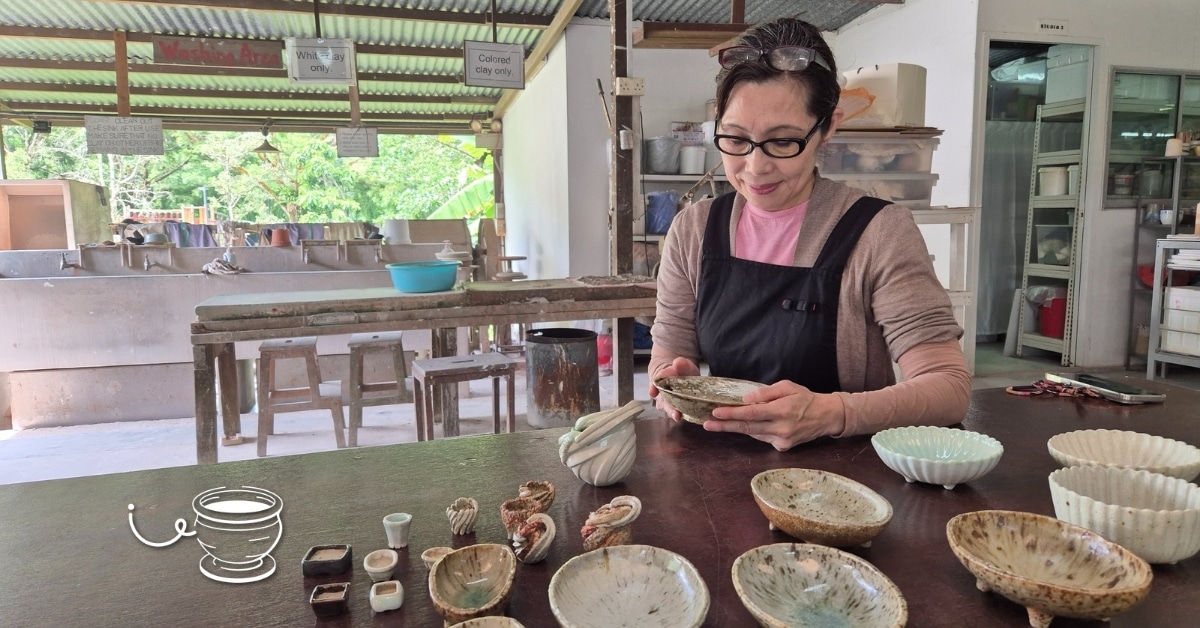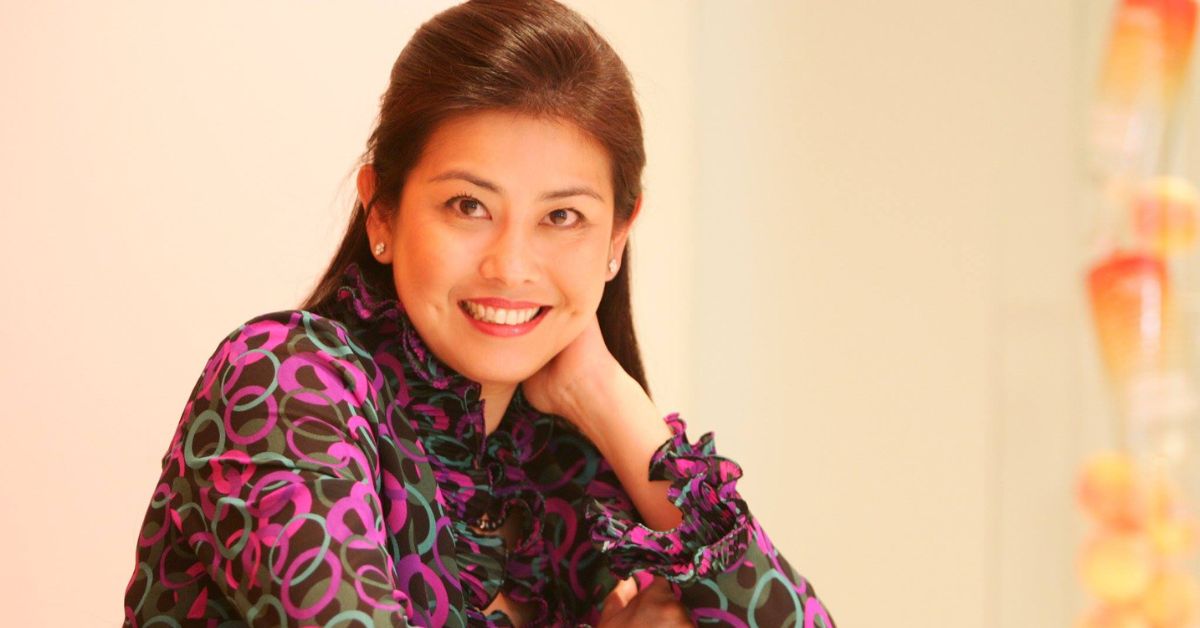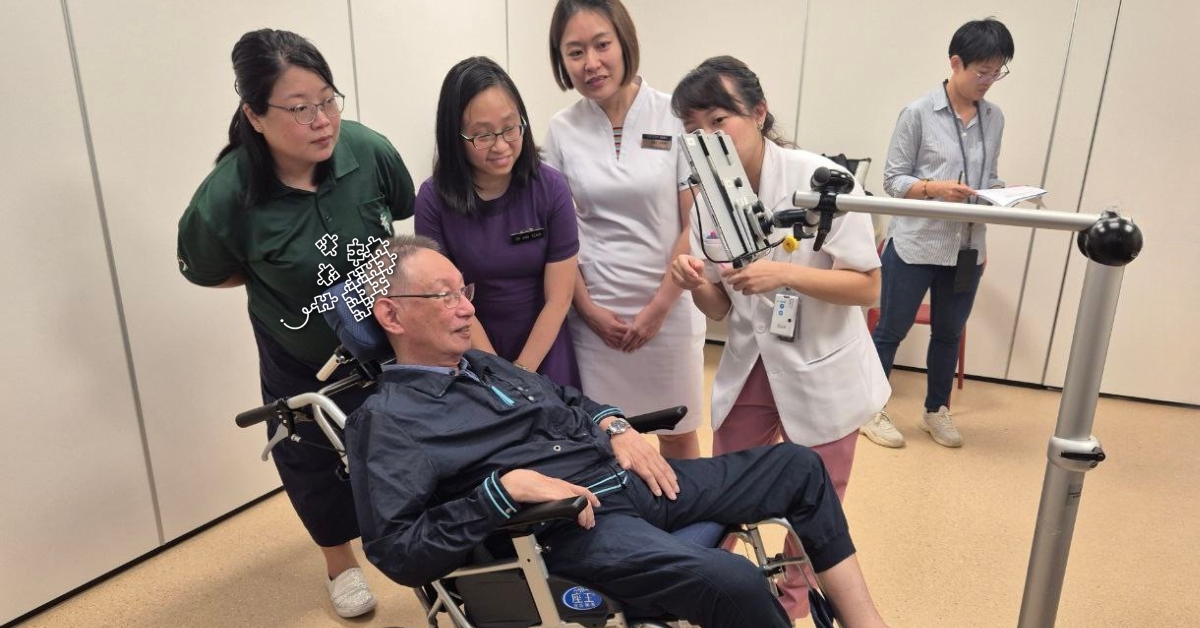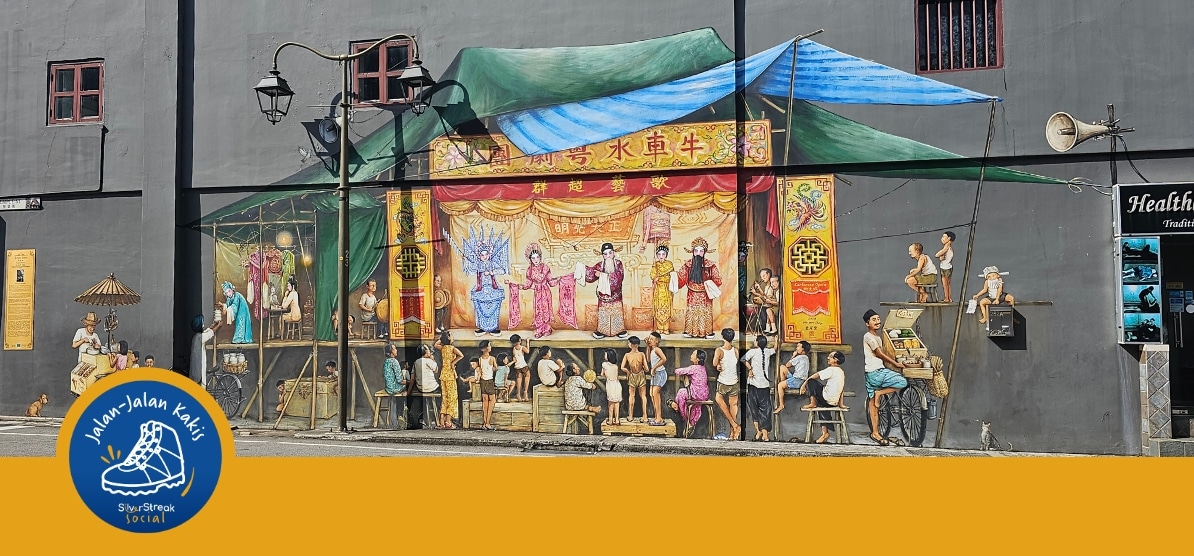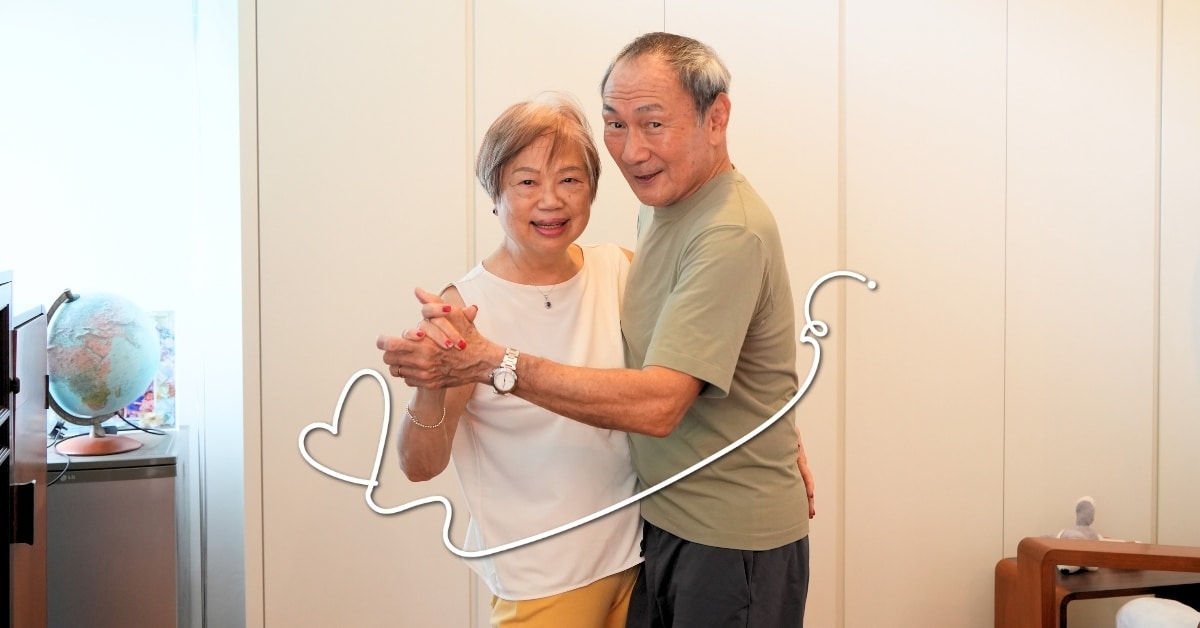
Summary:
- The author reflects on ageing by contrasting her parents’ experiences – who died relatively young and avoided some age-related conditions – with her own growing awareness of issues like joint stiffness, poor balance, and memory lapses.
- Everyday life with a partner in later years brings unexpected challenges, such as hearing difficulties, disagreements over forgotten details, and reliance on tools like shared calendars to manage memory decline.
- Ageing involves physical limitations, dietary restrictions, and reduced energy, but the author notes that happiness in old age often comes from simple pleasures, despite loneliness and boredom being common concerns.
My parents died young, so I never saw the ravages of old age in them.
One died at the age of 50 and the other at 72. They were not well: my father had colon cancer and my mum had an aneurysm floating around that killed her. Both diseases could have struck anyone at any age.
On the other hand, they didn’t have dementia, nor did they complain about arthritis. Both are diseases more associated with ageing. They did have high blood pressure and diabetes however, but they never complained about weakening as they aged.
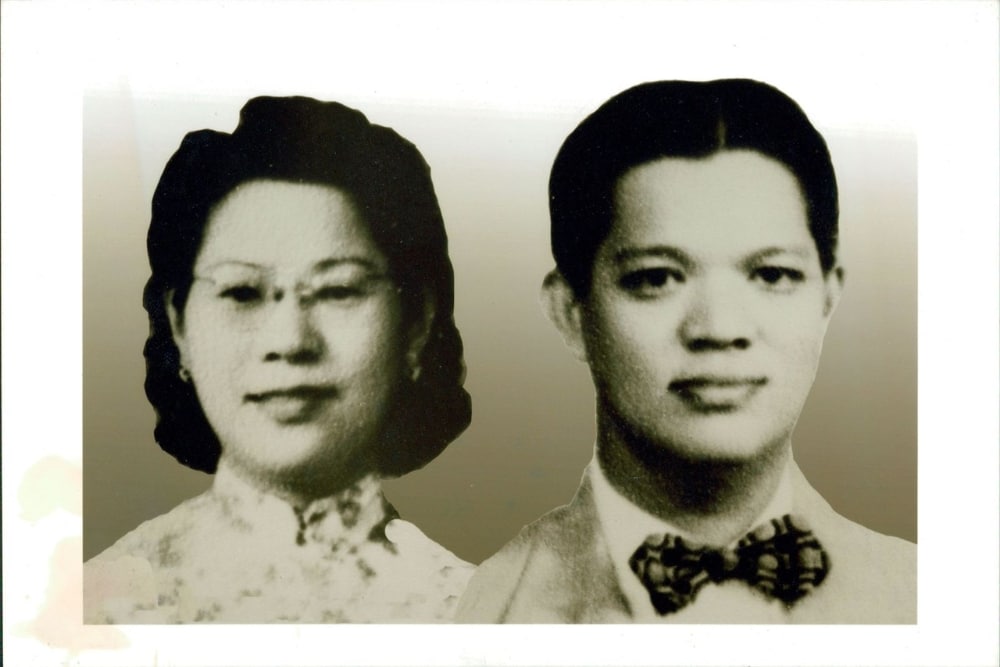
Credit: Sylvia Tan
I know about age-related health issues, of course. There’s cataracts that obscure vision, the worry about Alzheimer’s disease, and the various cancers that pop up. Cancer is, after all, a disease associated with old age, and we all now live longer.
Advertisement
Growing old with a partner
My friends complain that their husbands suffer from age-related diminished hearing, but they themselves do not.
I myself declare loudly that I don’t have hearing problems. Yet subtitles have become a must when I watch TV together with my husband. He repeats lines that I miss. But only when they are laced with heavy accents, I explain.
My husband, in his 70s, doesn’t need to read the subtitles but moans as he gets up from his armchair to get me a glass of water. No issue, he says, just a case of stiff joints. And that’s despite him being an exercise freak!
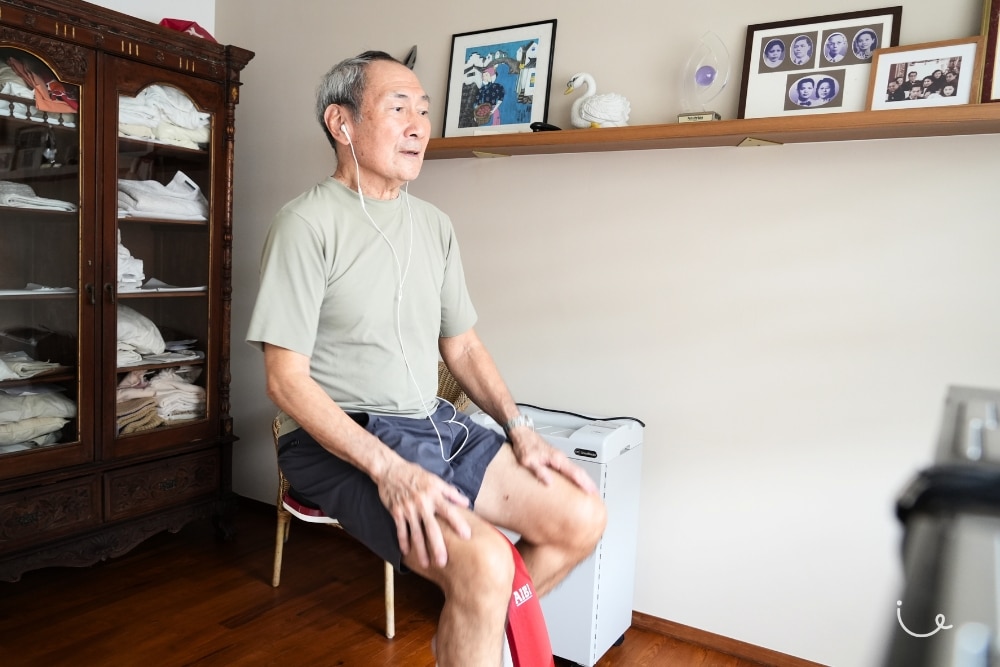
On that point, we no longer book tatami rooms when we go on holiday in Japan. I forget if stiff joints were the original reason, but I do remember that we spent a lot of time trying to get up from the floor.
I recall with envy how in Sri Lanka, on another holiday, old women sat on the floor in church and then gracefully got up when the priest started distributing communion.
They were no spring chickens, but I didn’t spot any signs of poor balance in their gait.
Meanwhile, my balance is decidedly (and unexpectedly) iffy these days. Turning around too quickly or running down stairs are completely out of bounds.
I remember vividly how a friend of similar vintage lost her balance and missed a step, which led to her breaking her expensive bridge work in her mouth, which then led to her needing extensive dental work.
But even sitting down sweetly to enjoy a cosy conversation with hubby has unexpected pitfalls. He tells a story which I have no recollection of, and the chitchat turns into an argument.
Yes, you were there! Don’t you remember? The dining room was all white!
he'll say.
It also bugs me that while he remembers everything about the dinner parties we have attended, right down to the wines we drink, he cannot remember the appointments that we have this week.
We now use a shared calendar on our phones and then quarrel over the details, or over why an event hasn’t been recorded on it. His reason when he doesn’t remember an appointment? It’s because it’s not on his calendar. But then I discover he hasn’t clicked on “ok” to the new items that have filled his inbox.
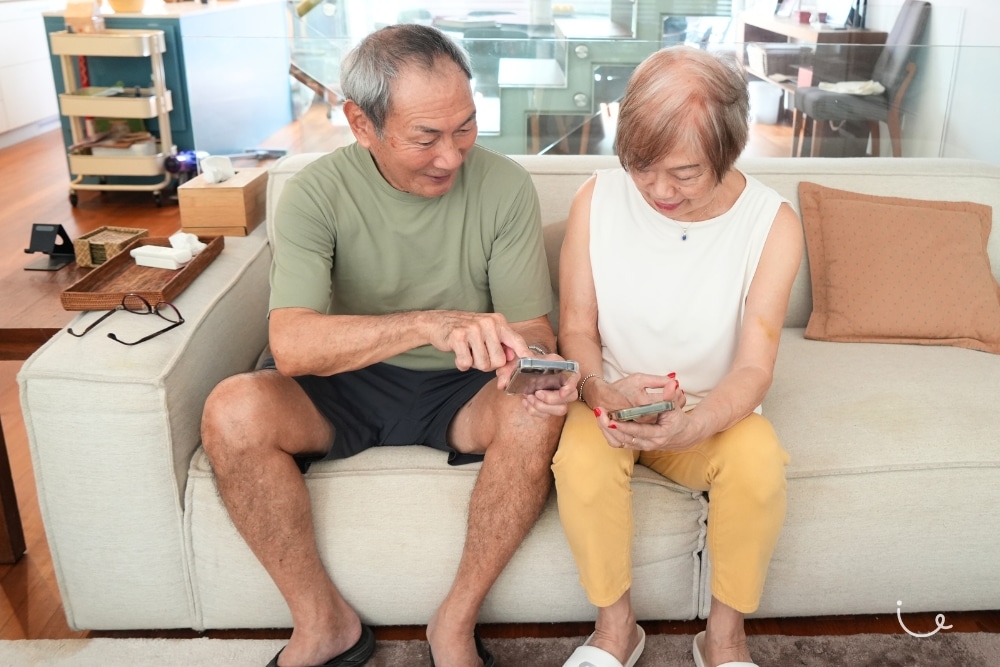
Adjusting to age
Why didn’t somebody tell me that such exchanges would fill up so much of the later years?
Word of advice: instinct helps. I have learnt that if a name is floating in your brain when you meet someone whose name you forgot, it’s probably right. Ditto dates and other details that hover in your brain. There’s no need to confirm. If wrong, just apologise and offer my favourite excuse: old already lah!
Failing memory aside, I also didn’t know that aside from creaking joints, poor balance, and poor vision, diminishing strength and energy is also part of ageing.
I nap most days, take longer to do my chores, and pant at every exertion. This includes when I do a rare whirl on the dance floor which I used to love and took every opportunity to do so. Nowadays, if I manage to pull my reluctant spouse to dance, all I hear are cries of “old people dancing!” to contend with.
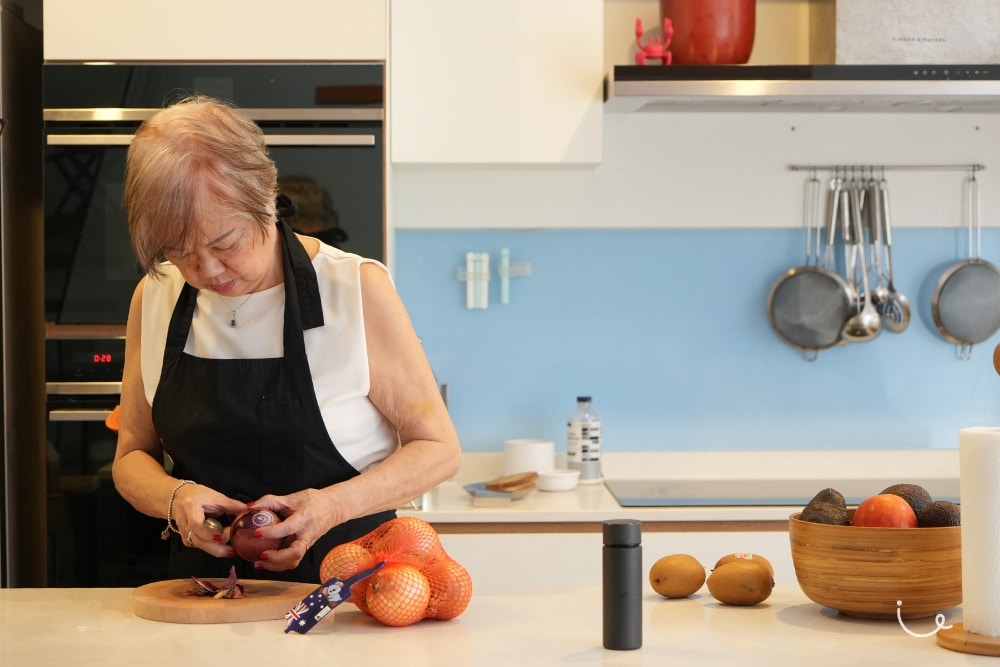
But I certainly manage that jig better than the daily stretches and walks that old people are told to include daily to keep aching joints at bay.
I’m afraid living is not the same with increasing years. I have to drive with the GPS on every time, in case I venture inadvertently into strange territory. I cannot attend buffets because the most I can manage now are small plates and appetisers. Desserts are out because of rising blood sugar levels, as is too much salt as kidney function continues its downward descent.
Also read:
Hossan Leong: The Singapore Boy On Getting Older And His Hopes For Our Arts Scene
Hossan Leong may be getting older and based in JB now, but he’s still a Singapore Boy at heart. He shares his thoughts on the Singapore arts scene.
For Singapore’s Ageing Hawkers, Retirement Can Be Just As Difficult As Staying Open
Singapore’s most iconic food trade is dominated by silver-haired hawkers, still clinging to their woks and frying on despite heading into their 60s. But why is retirement so daunting for these ageing artisans?
The realities of growing old
No, it’s no walk in the park to grow old, even if you do become wiser and more patient. Curbing your tongue even as everyone seems to be spouting nonsense around you is also testing.
My mother did say, however, that old age is boring and lonely. Even though her friend Aunt Viv, who lived alone and became blind in her old age, was cheerful until death.
She tells me that no one likes a grumpy old woman. She was also inordinately happy to turn on the radio every day for Mr Melody, a DJ of old, to keep her company, playing music she could recognise and sing along to.
Another thing they don’t tell you? It’s not all bad. It actually takes very little to make an old woman happy.


